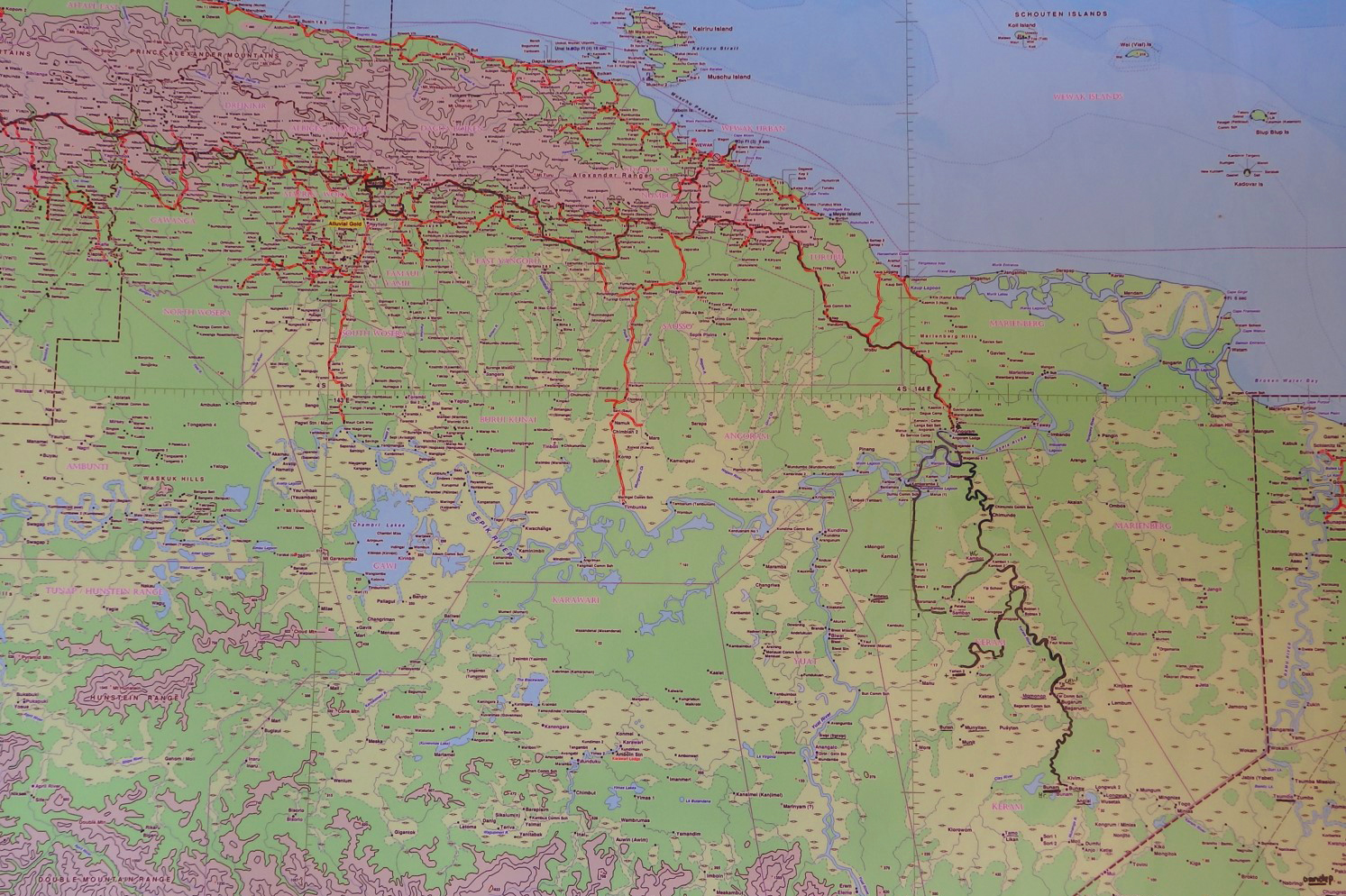
our work

Where we work
The focus of our PNG and Australian teams is in the villages that make up the Keram River area of East Sepik Province in Papua New Guinea (marked in black pen on the map below). These villages are extremely remote, and face many challenges to access health services and skilled professionals.
The communities of this region are strong and resourceful, surviving on local produce of fish, wild pigs, cocoa, coconuts and bananas. Accessing basic services such as health, education, clean water and sanitation are severely impacted by poor infrastructure, a high water table, no telecommunications and long travelling distances over difficult terrain.
WHAT WE DO
Living Child Inc. Papua New Guinea (LCPNG) collaborates closely with the East Sepik Provincial Health Authority and travels to remote villages at the invitation of local district and church groups. Together, we facilitate a range of impactful projects aimed at strengthening maternal health, nutrition, water, sanitation and hygiene, and disaster preparedness outcomes.
Living Child Inc. Australia (LCAU) volunteers are invited by the LCPNG team and local community members to support training and health promotion activities. Through education and community consultation, we work to empower people with the knowledge and resources necessary to improve health outcomes. Our partnership fosters a shared commitment to enhancing health services and creating lasting positive change in the region.

below are details of our PNG projects and where we direct donations
take a look and see what you can be part of today
HEALTH TRAINING | HEALTH PROMOTION | HEALTH EQUIPMENT

health training
VBA TRAINING
Due to the remote nature of the villages in the Keram River region and a lack of qualified health staff, it is not always possible for women to give birth under the supervision of a doctor or midwife. It is volunteer Village Birth Attendants (VBAs) who step up to provide support for pregnant women in these areas, using knowledge they have acquired from their own birthing experiences and learning from other VBAs.
At the invitation of community and church leaders, LCPNG volunteers conduct several outreach trips each year to these remote villages. VBAs come from far and wide to be trained by LC volunteers, using our curriculum to teach life-saving knowledge and skills. Upon invitation from the community, LCAU volunteers travel to the region to support the PNG operational team.
MIDWIFERY UPSKILLING
LCPNG upskills qualified nursing officers, community health workers and midwives throughout East Sepik Province in Maternal and Neonatal Care Courses. These 2-week courses are co-facilitated by expert nurses and midwives, who volunteer their time to teach and supervise.
We receive great feedback each time these courses are run, with participants commenting on their increase in knowledge and skills, and most importantly, their growth in confidence.
health promotion
care groups
Care Groups is a system of passing health education through a multiplying, peer-to-peer network - enabling basic information about hygiene, nutrition, and general house/community cleanliness to reach hundreds of people. We currently run this project in six villages: Yamen 1, Yamen 2, Manu, Bomenga, Bunam and Kekten. Our goal is that each family in a CG village has a clean home and environment to live in, and clean water to drink.
It has been incredible to witness the positive changes to health behaviours since we introduced Care Groups. Within just three months, Team Leaders in the villages were reporting NO childhood diarrhoea - ascribed to hand washing, fewer mosquitoes and bouts of malaria, due to keeping the village clean, and happier and healthier families, with access to nutritious vegetable gardens next to their households.
HELTI FEMELI
Our LCPNG Health Promotion team, led by Naomi, have conducted a number of amazing projects to share health education with young families. They have written and recorded radio programs about nutrition and family planning, which are played weekly on Laif FM. Radio is an extremely powerful means of sharing health information, as recording equipment is affordable and portable, and radios don't require electricity to run. The audio format is also ideal for rural and developing communities where literacy levels are low.
Naomi also runs a Facebook page for families, where she shares engaging health advice.
health equipment
KITS
clean birth kits
In partnership with LCPNG and the East Sepik Provincial Health Authority, LCAU assists in the provision of clean birth kits, supplied by Birthing Kit Foundation Australia, to remote health facilities.
Click here to learn more about the power of CBKs!
The kits are made up of several simple, but life-saving items:
a clean piece of plastic
a pair of gloves
a small piece of soap
3 pieces of clean string
a sterile scalpel blade
5 pieces of gauze
menstruation kits
We provide reusable/washable Days 4 Girls menstruation kits, as well as access to care and education, to young women in local high schools, remote villages, postnatal wards and the Provincial women’s prison.
Each kit has:
2 sets of washable sanitary napkins and liners
2 pairs of underwear, soap, a face washer
a large ziplock bag to separately wash the soiled napkins
a large drawstring bag to hold all the items
Clean birth kits and menstrual hygiene kits are a low cost, essential humanitarian aid item.





